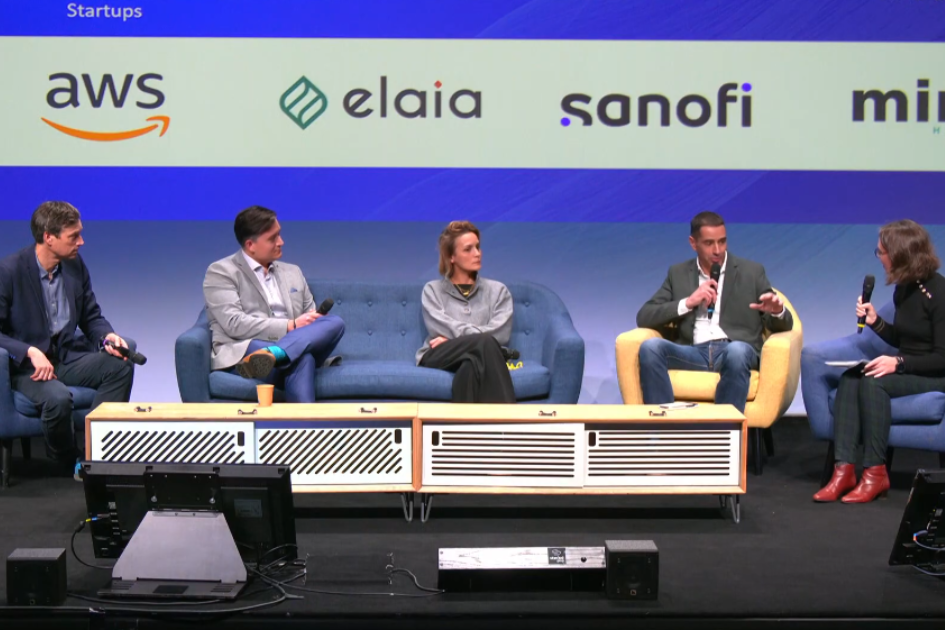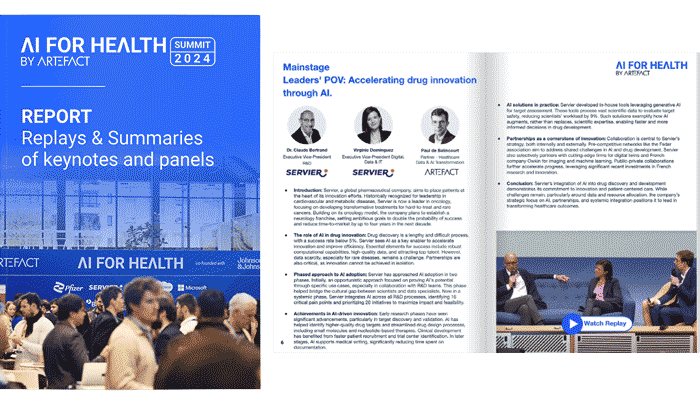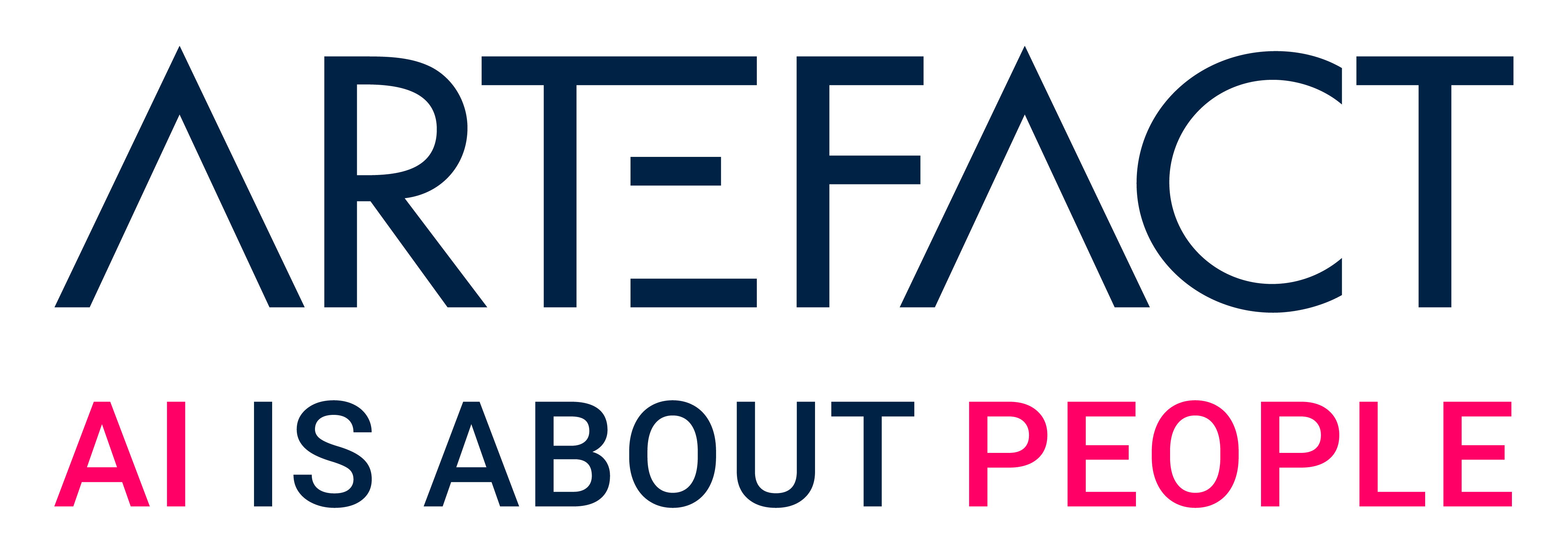AI for Health Summit - 2024 Edition
Key learnings from the panel discussion on on “The GenAI revolution for drug discovery” with Yann Gaston-Mathé, CEO & Founder of Iktos, Alex Merwin Head of Growth, Healthcare & Life Sciences Startups at AWS, Samantha Jerusalmy, Partner at Elaia Partners, Hervé Minoux, Head of AI for Large Molecule Research at Sanofi, and Sandrine Cochard, Editorial Director at the Mind Group.
This roundtable explored the transformative role of GenAI in drug discovery, highlighting its potential to optimize processes, accelerate timelines, and foster collaboration in the pharmaceutical industry.
Sanofi’s AI-driven strategy
Sanofi aims to lead biopharma innovation by integrating AI at scale. It combines internal tool development with partnerships, like those with Formation Bio and Owkin, to streamline drug design. GenAI enhances precision by predicting and generating molecules or biotherapeutics tailored to specific needs.
AWS’s ecosystem support
AWS provides secure, scalable infrastructure for leading biopharma companies and helps startups like Machya bridge innovation gaps. Its focus ensures AI-generated molecules are practical and globally scalable.
Iktos’s molecular innovation
Iktos applies AI to design synthesizable, effective drug candidates from the vast chemical space. By combining generative AI with virtual synthesis and automation, it enhances speed and efficiency in drug discovery.
Elaia’s investment perspective
Elaia supports tech-bio and health AI startups, recognizing the vast potential of GenAI in healthcare. Challenges like limited European growth capital, long sales cycles, and data structuring complexities hinder scalability but don’t deter investment in high-impact innovation.
Key challenges for progress
Startups face barriers in balancing tech development and proving value to pharma, alongside Europe’s funding limitations. Hospital data, though critical, remains underutilized due to structural and pricing complexities.
Emerging trends in AI
GenAI is advancing understanding across biological scales, from molecules to patients. Companies like Bioptimus aim to integrate insights across these levels, but high-quality data is essential for building predictive models.
Focus on clinical development
Despite innovation in diagnostics and therapeutics, clinical development remains a bottleneck. Investments in trial design and market access are essential for translating discoveries into real-world treatments.
Generative AI is reshaping drug discovery by enhancing speed and efficiency. Addressing funding, data, and clinical challenges is crucial to fully realize AI’s potential in transforming healthcare. Collaboration among startups, investors, and pharma is key to sustained progress.

 BLOG
BLOG




